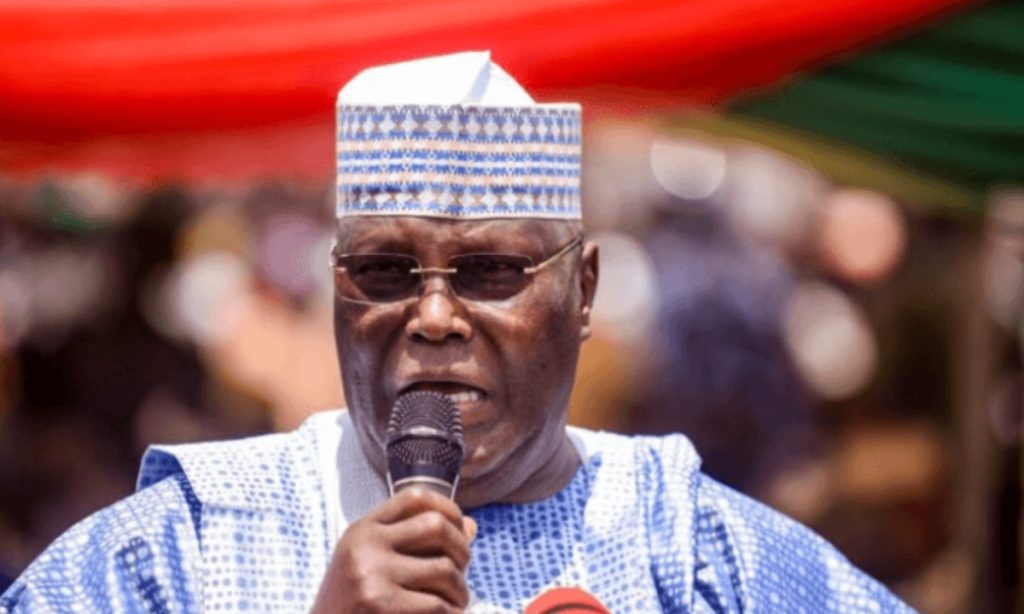The Economic Community of West African States (ECOWAS) has unveiled its commitment to implement a regional 30 by 30 plan, aiming to safeguard at least 30% of the planet by 2030.
Speaking at the ECOWAS coordination meeting in Abuja, Nigeria’s Minister of State for Environment, Dr. Iziaq Salako, emphasized the urgent need to preserve vital ecosystems and halt human-induced extinction of wild species. He underscored the critical role of healthy biodiversity in fortifying the region against future climate and biodiversity shocks, enhancing resilience, and ensuring continued benefits for the people.
Dr. Salako highlighted the unique regional approach taken by the ECOWAS, emphasizing its significance in the global effort to protect nature for future generations. He stressed the disparity in the impact of biodiversity and climate crises on different countries, warning about the potential threats to food security and the forced displacement of rural populations in West Africa.
Bernard Koffi, the Head of the Environment and Climate Change Division of the ECOWAS, pointed out the diverse ecosystems of international conservation importance shared by member states. He emphasized the collective responsibility of ECOWAS countries in protecting these vital natural assets.
Mrs. Massandje Toure-Litse, Commissioner for Economic Affairs and Agriculture of the ECOWAS Commission, conveyed the necessity of a collaborative effort to safeguard the region. She emphasized the pivotal role of ECOWAS countries in securing the global commitment to expand protected areas to 30% of the planet by 2030. Mrs. Toure-Litse underscored the far-reaching implications of degraded ecosystems, posing threats to the physical, economic, and food security of local communities and multinational businesses.
The ECOWAS’ 30 by 30 biodiversity protection plan represents a significant milestone in the global conservation effort and signifies the unwavering commitment of West African nations to uphold and protect the natural heritage of the region.



